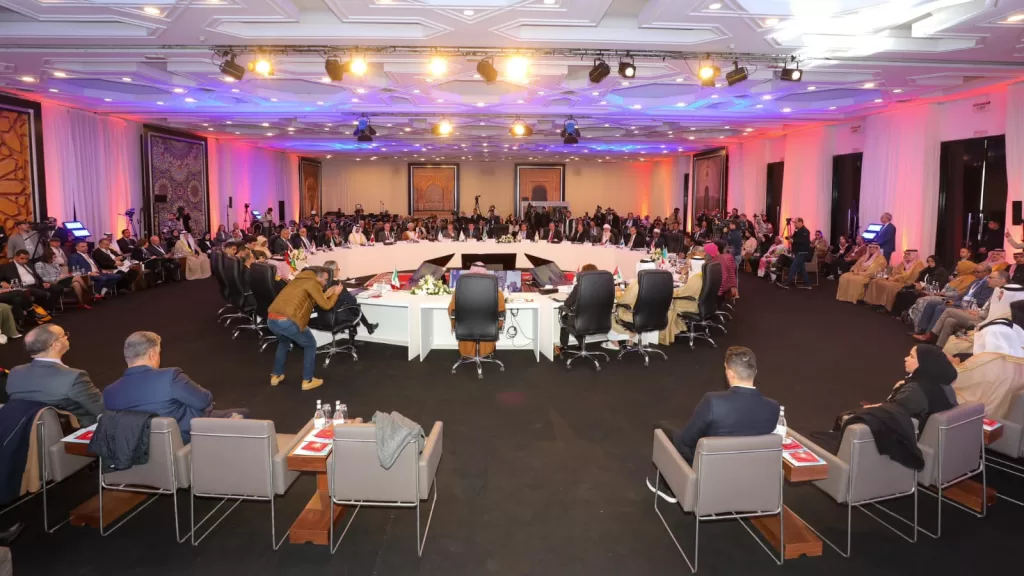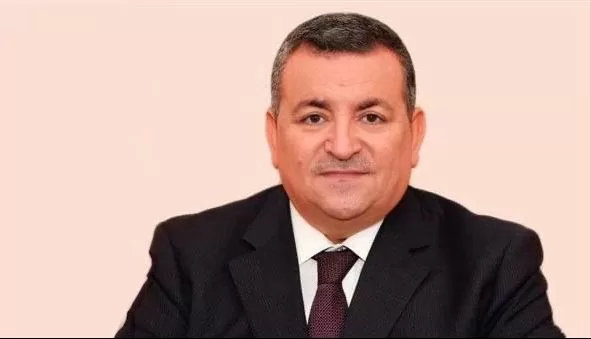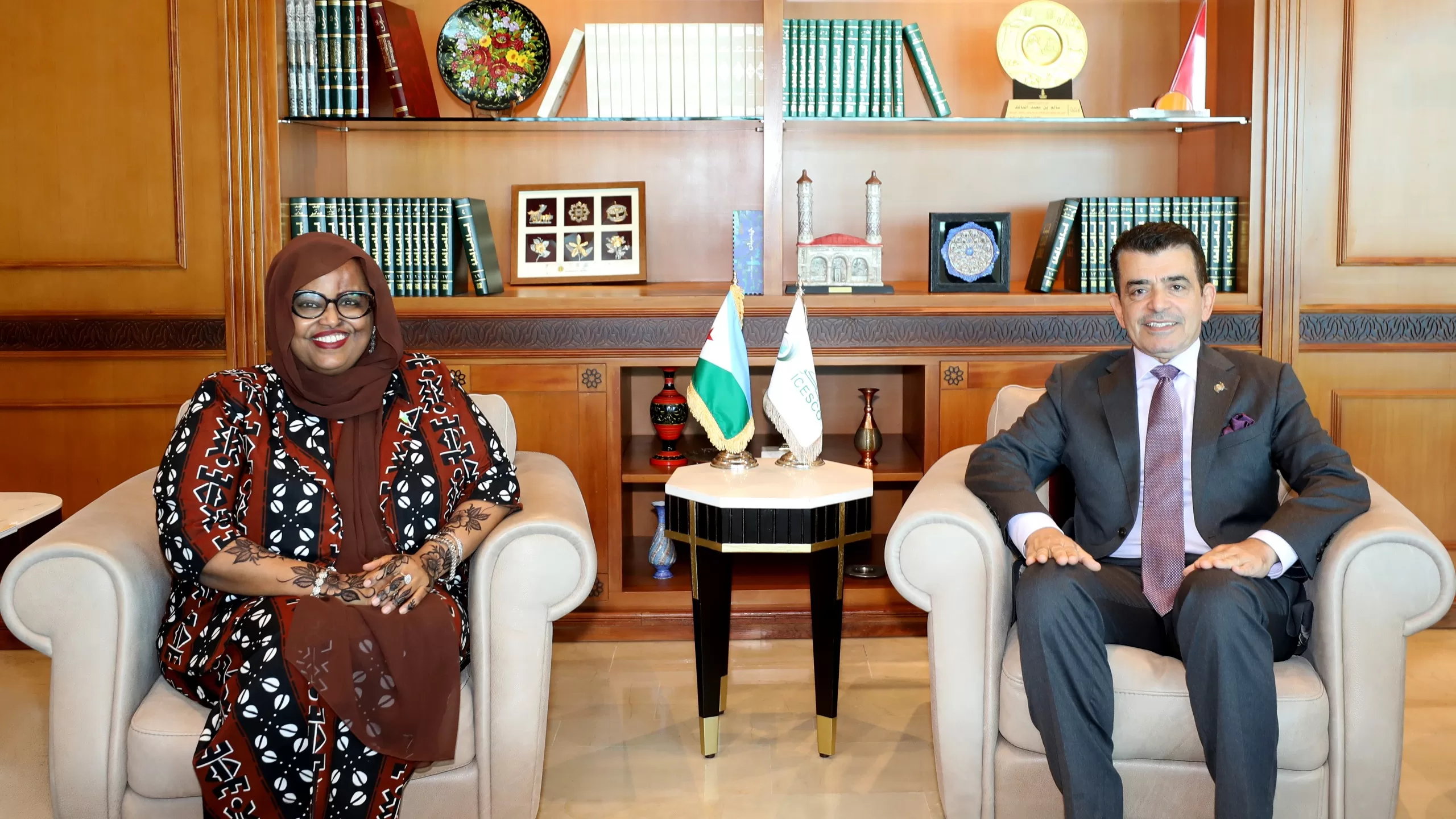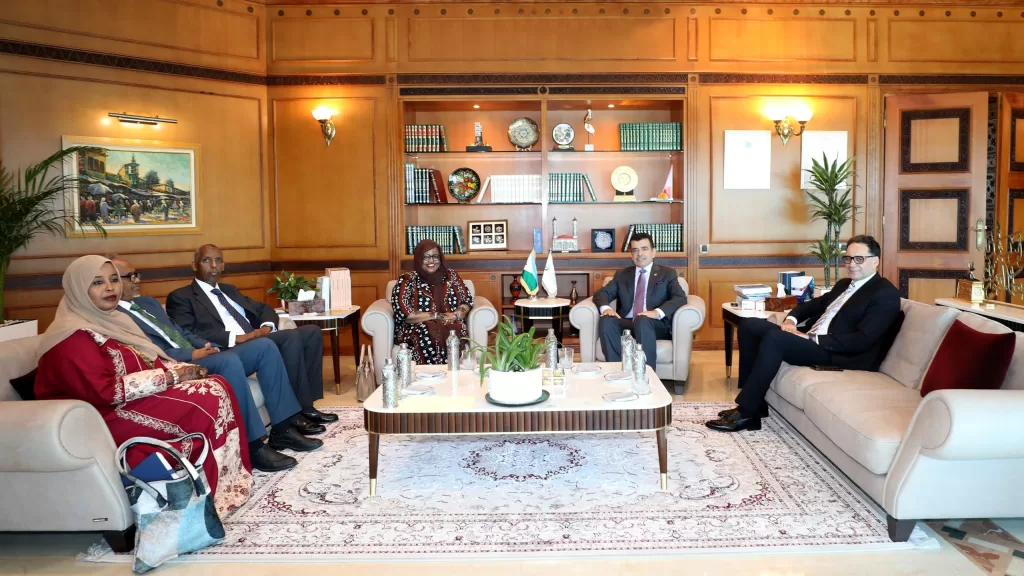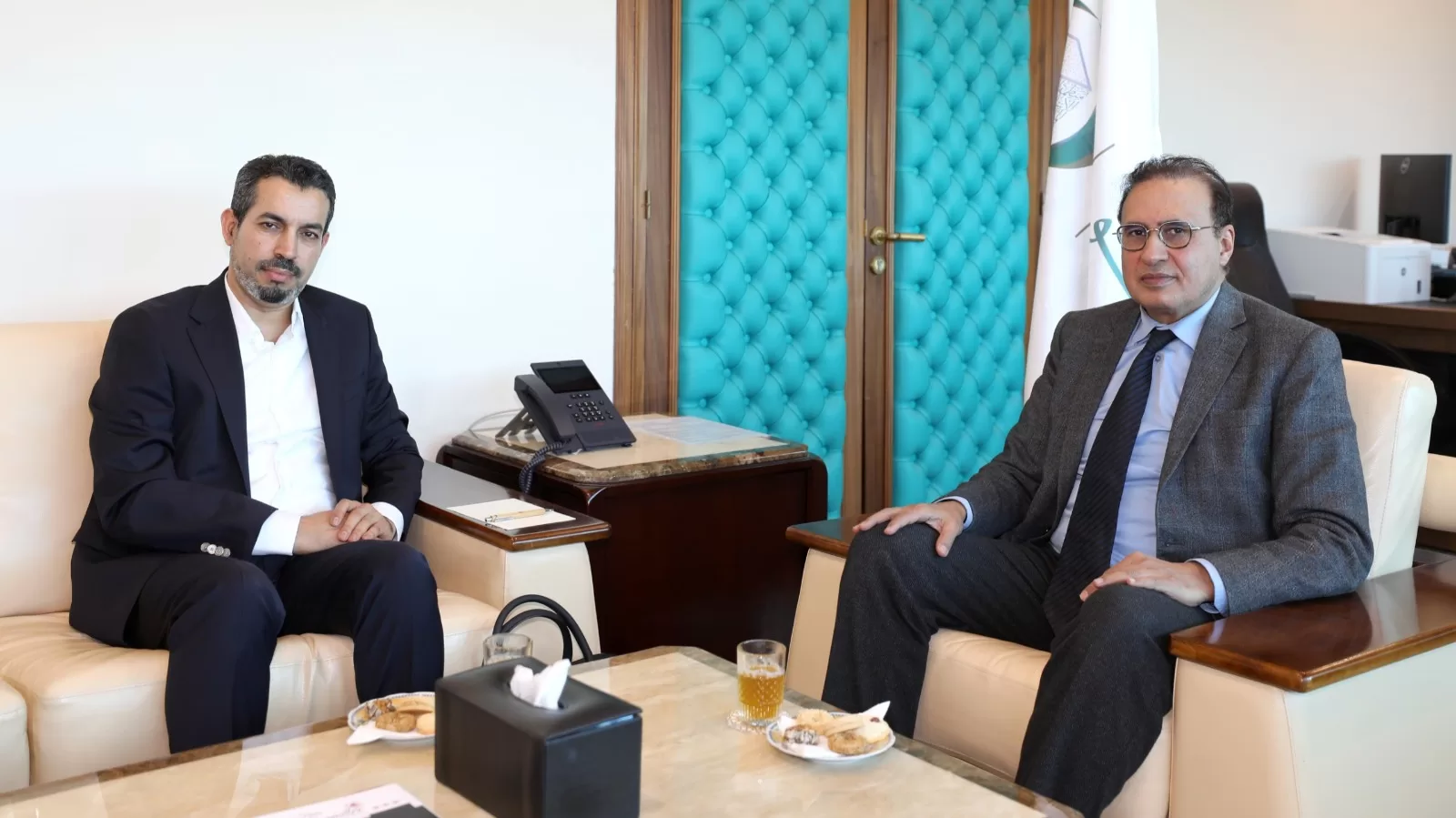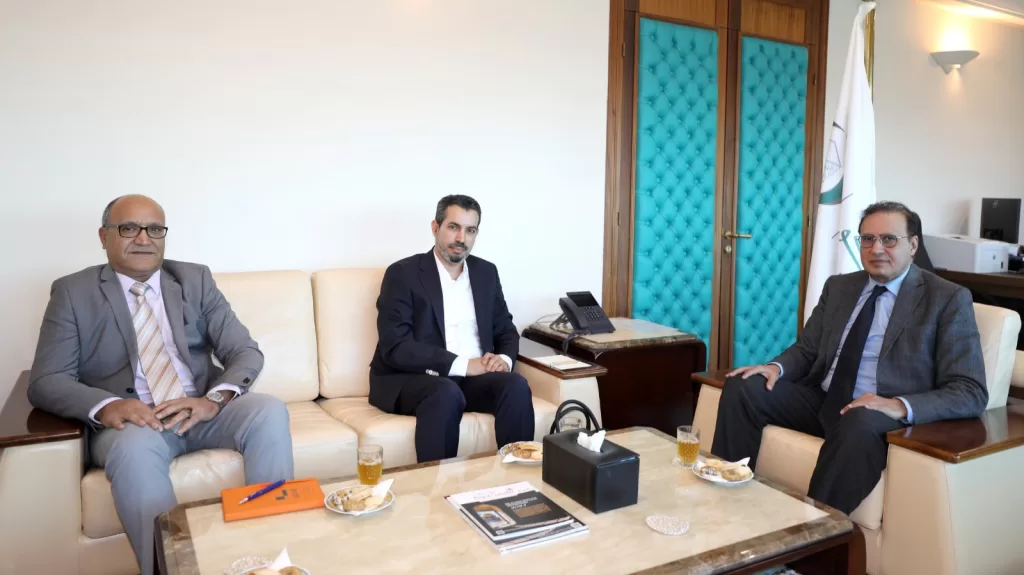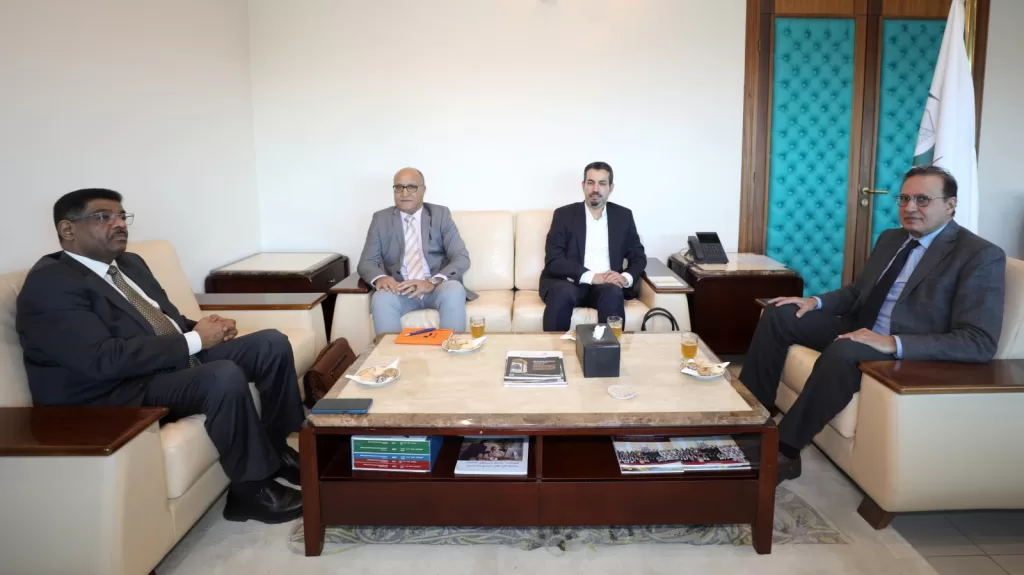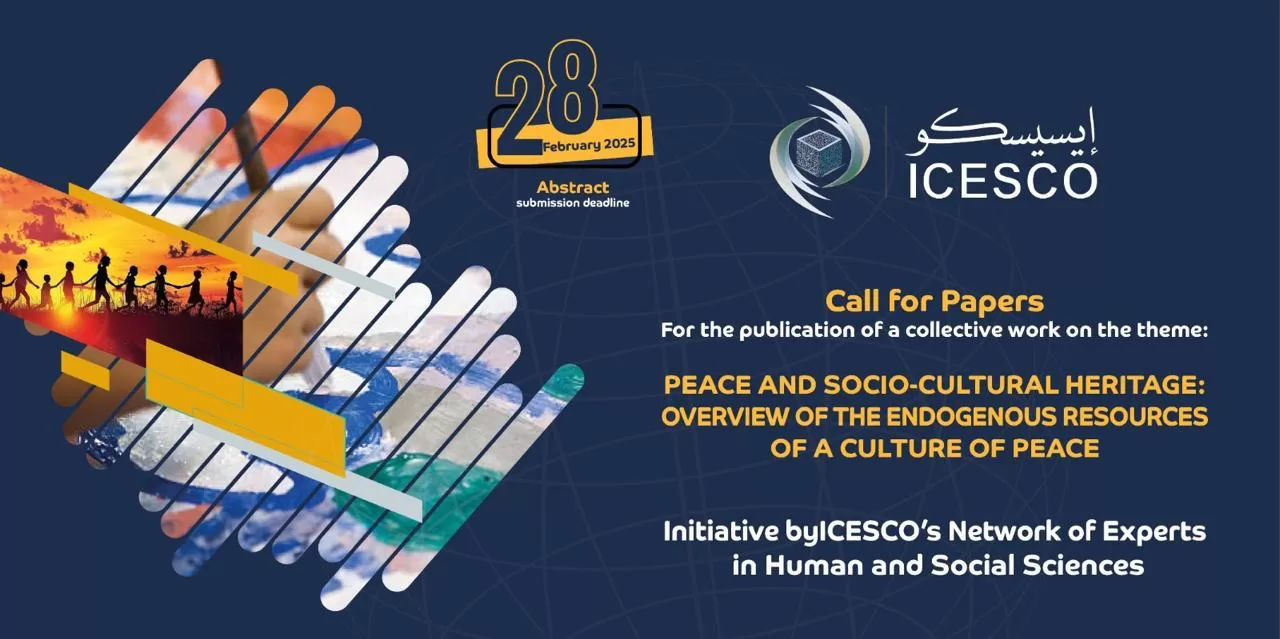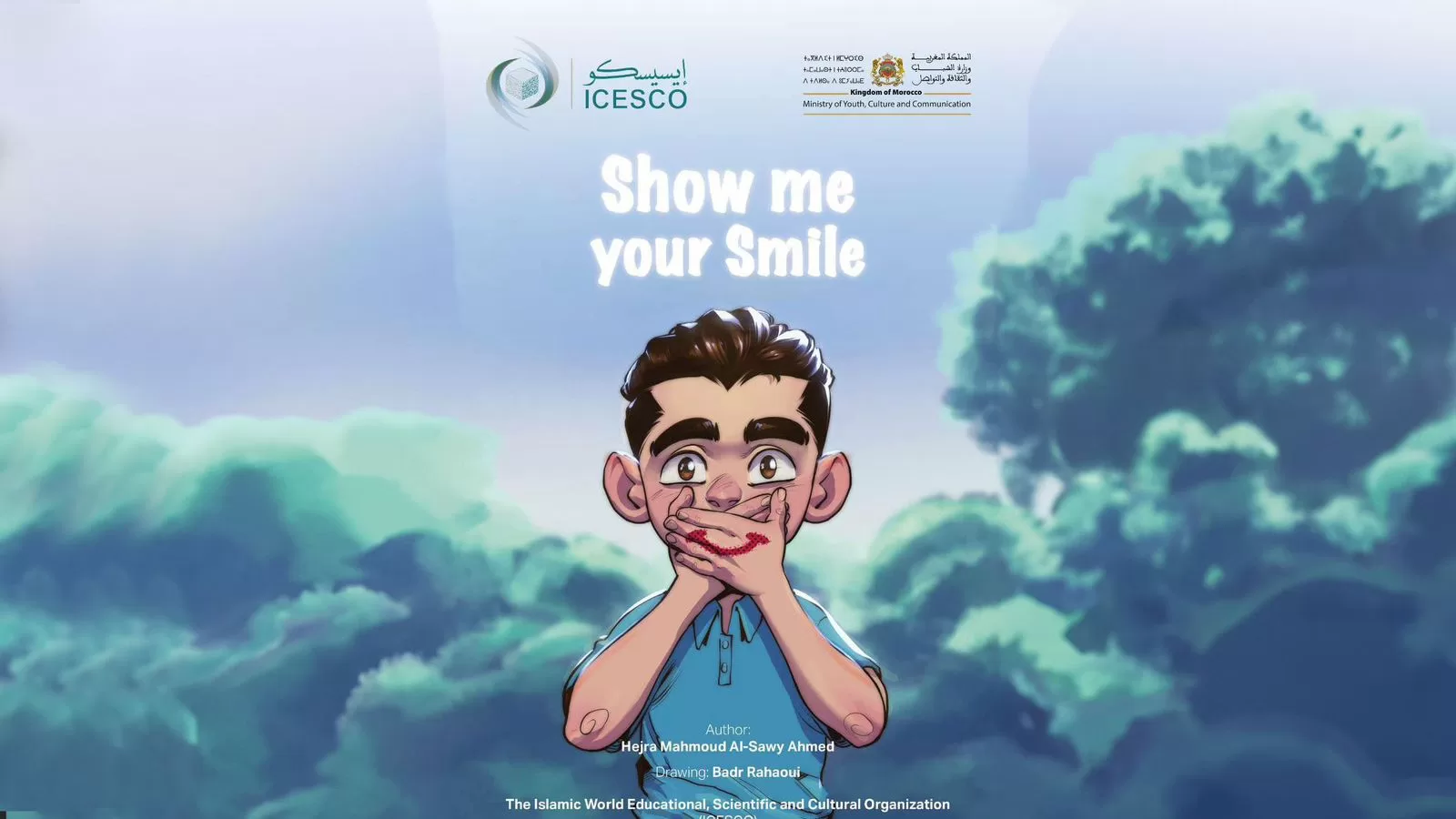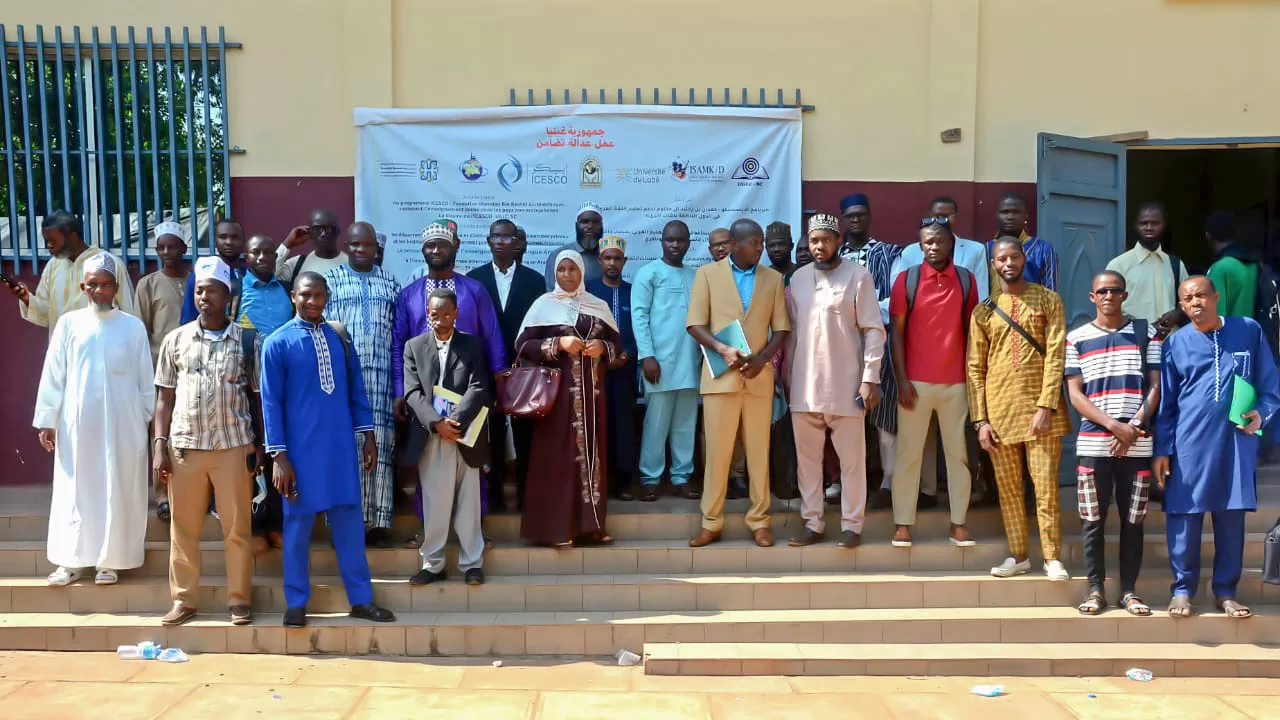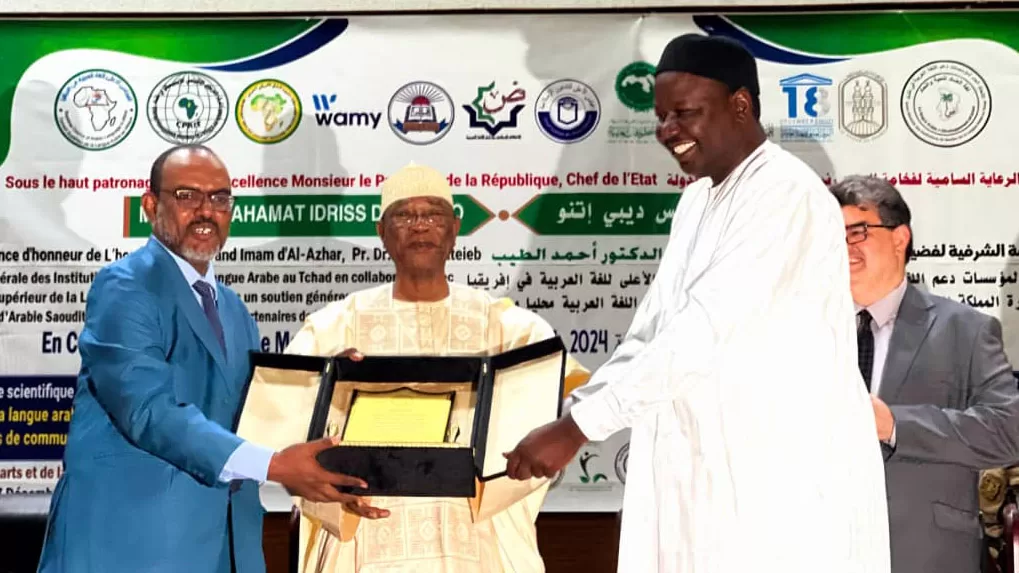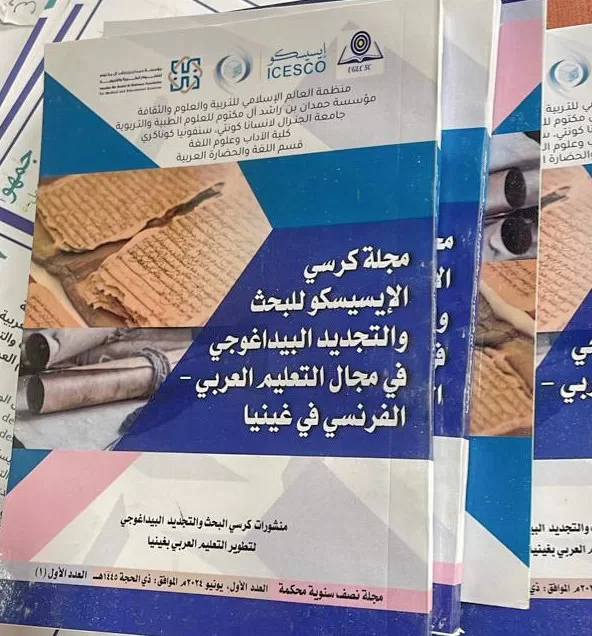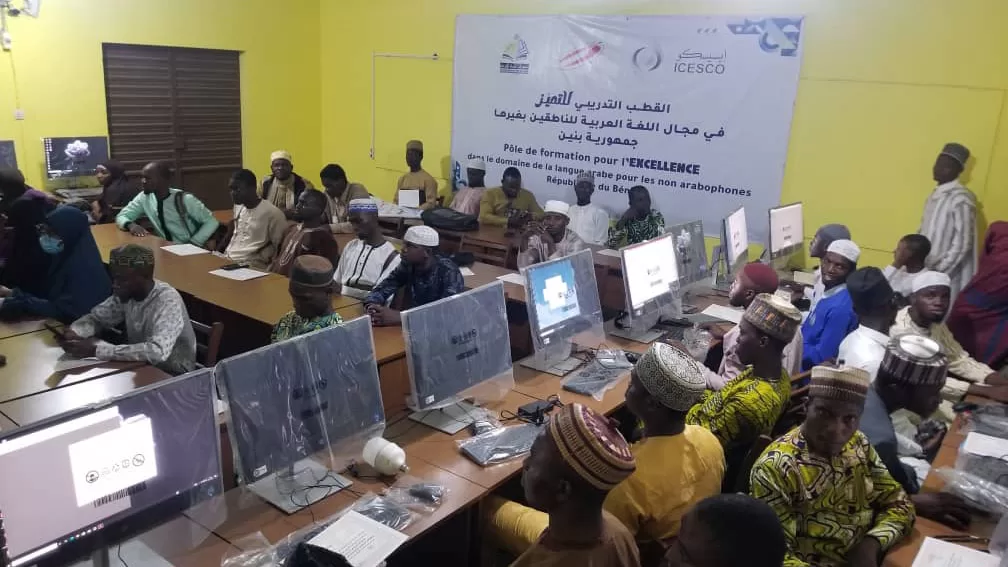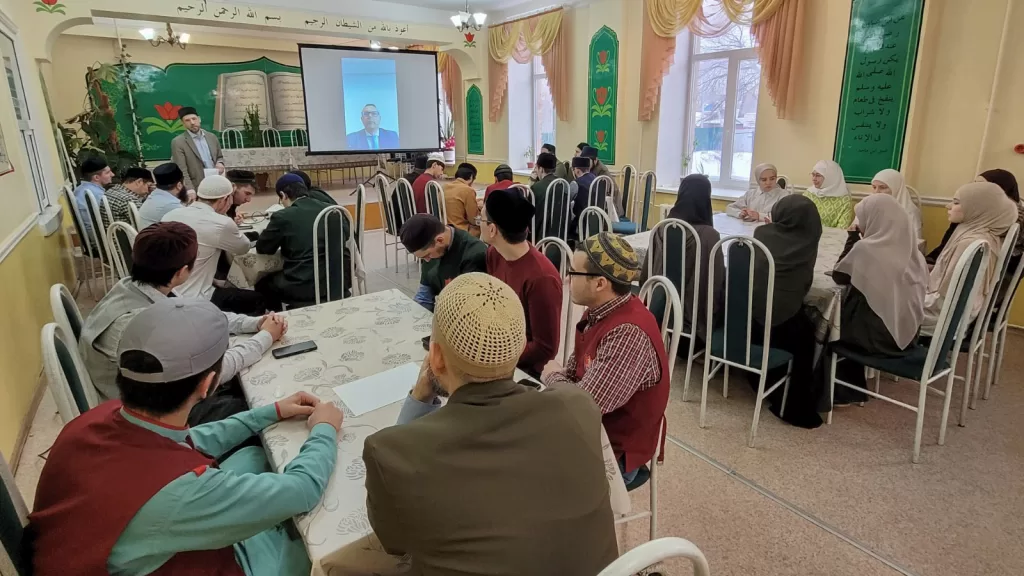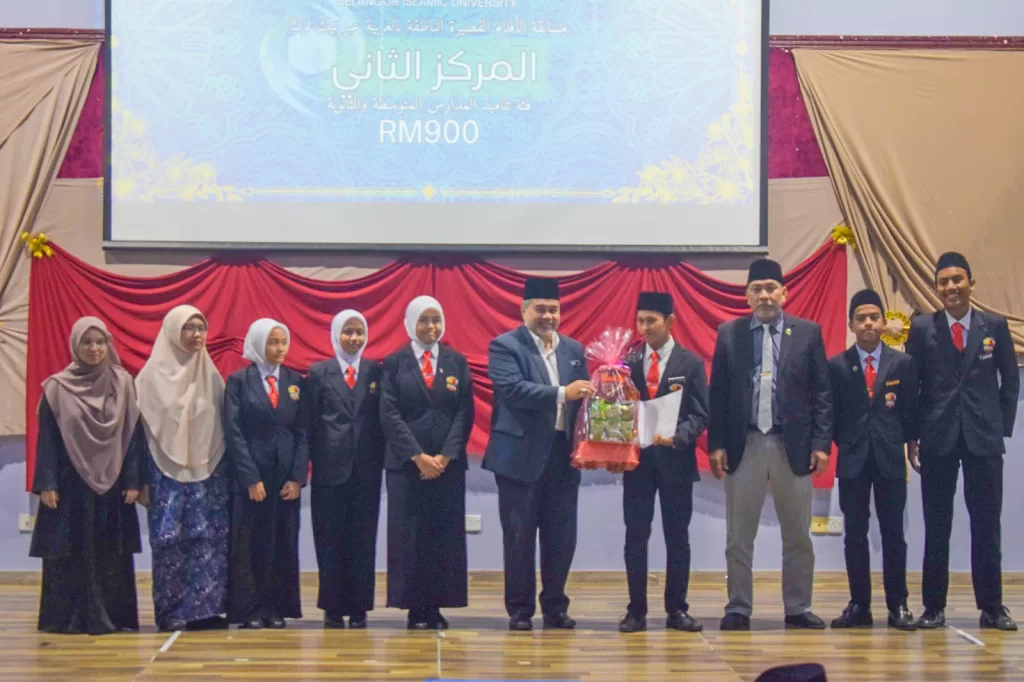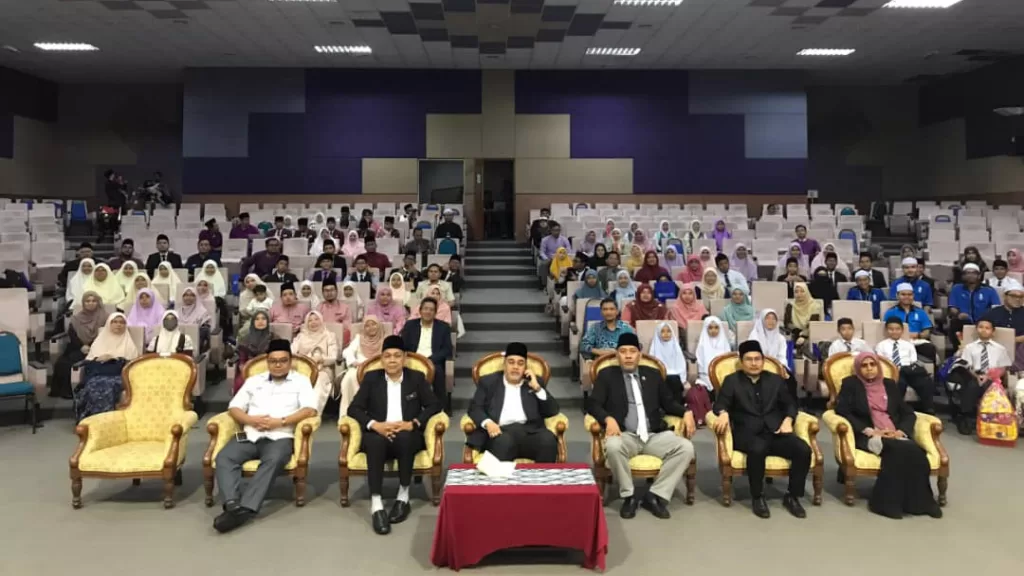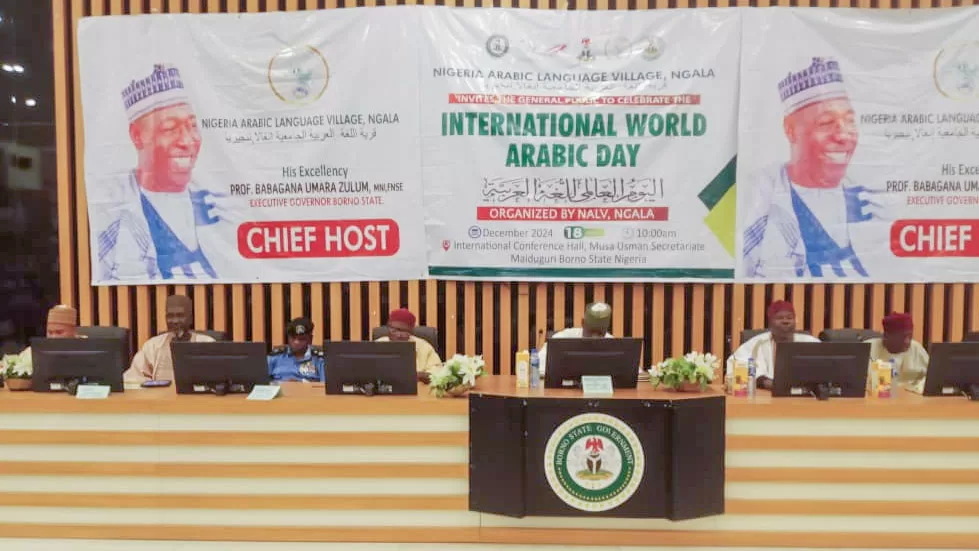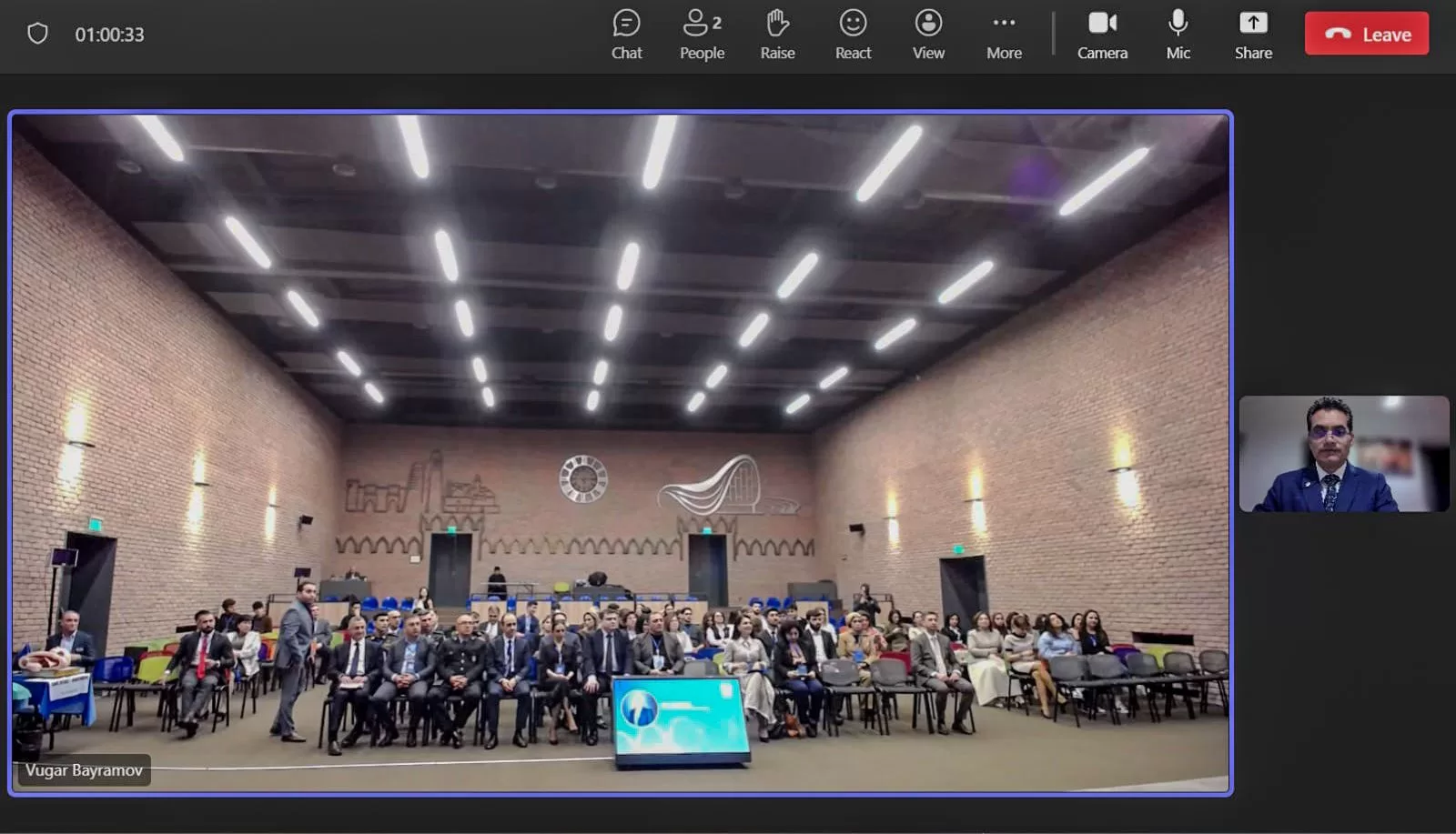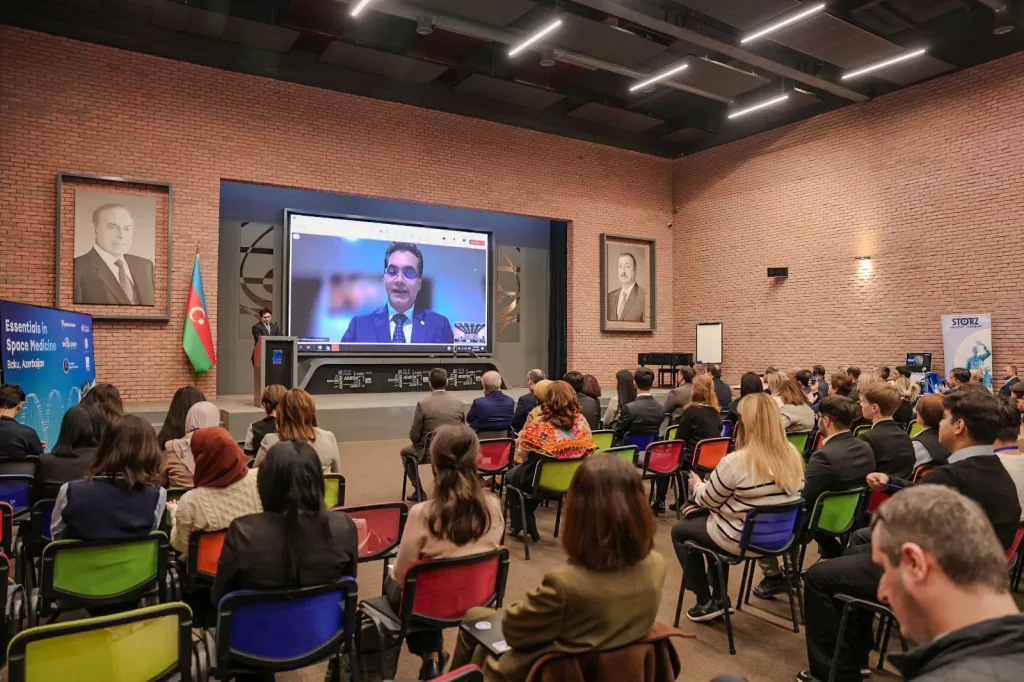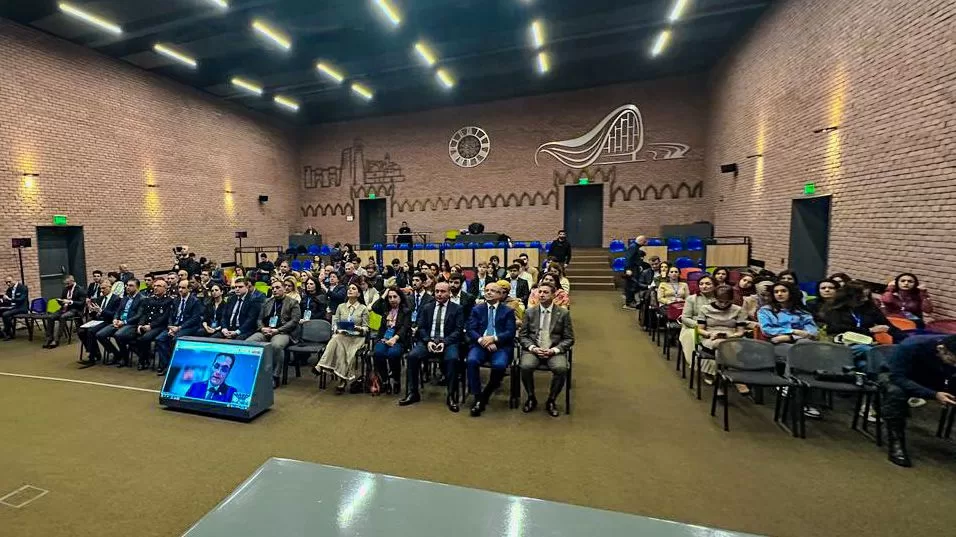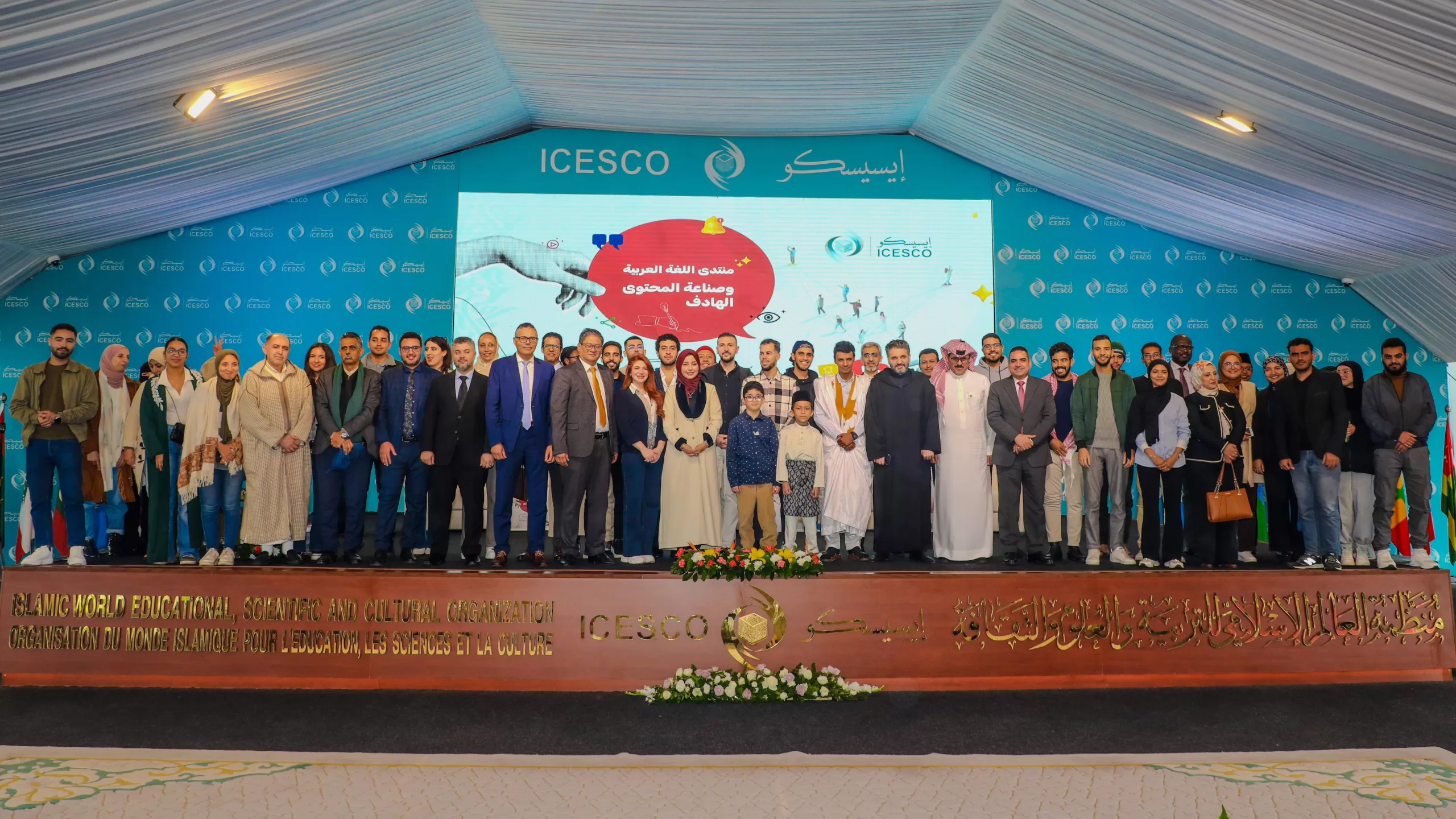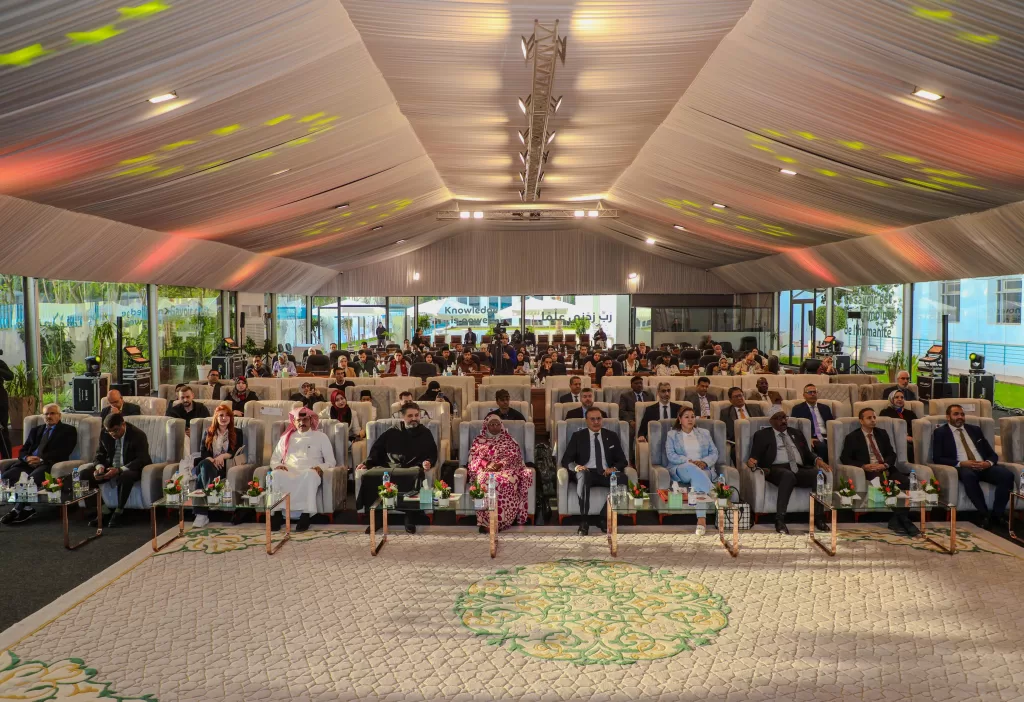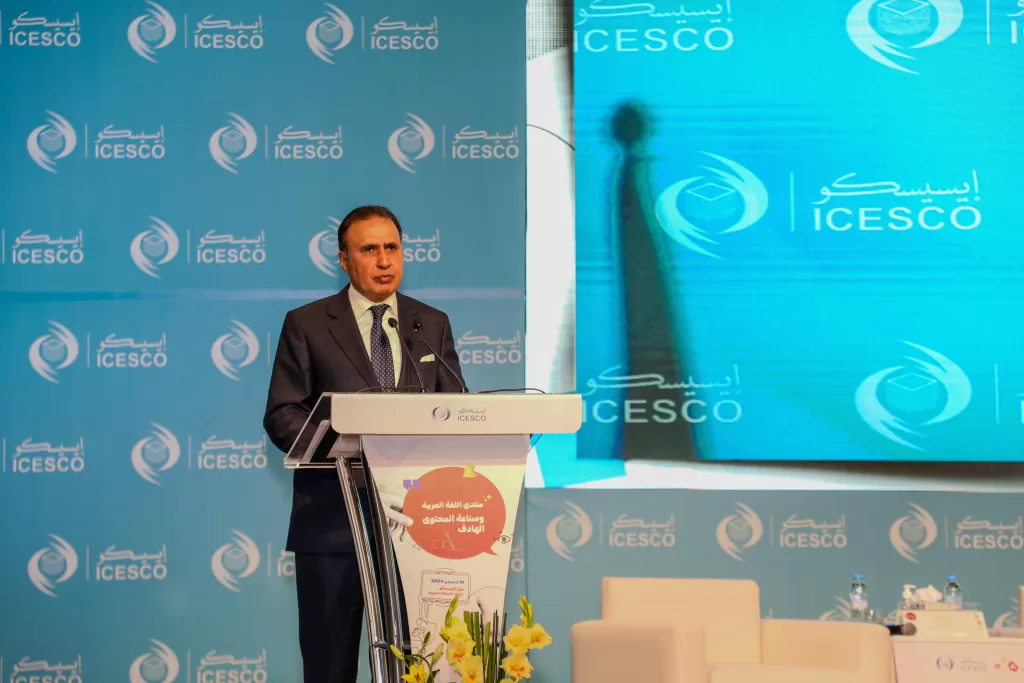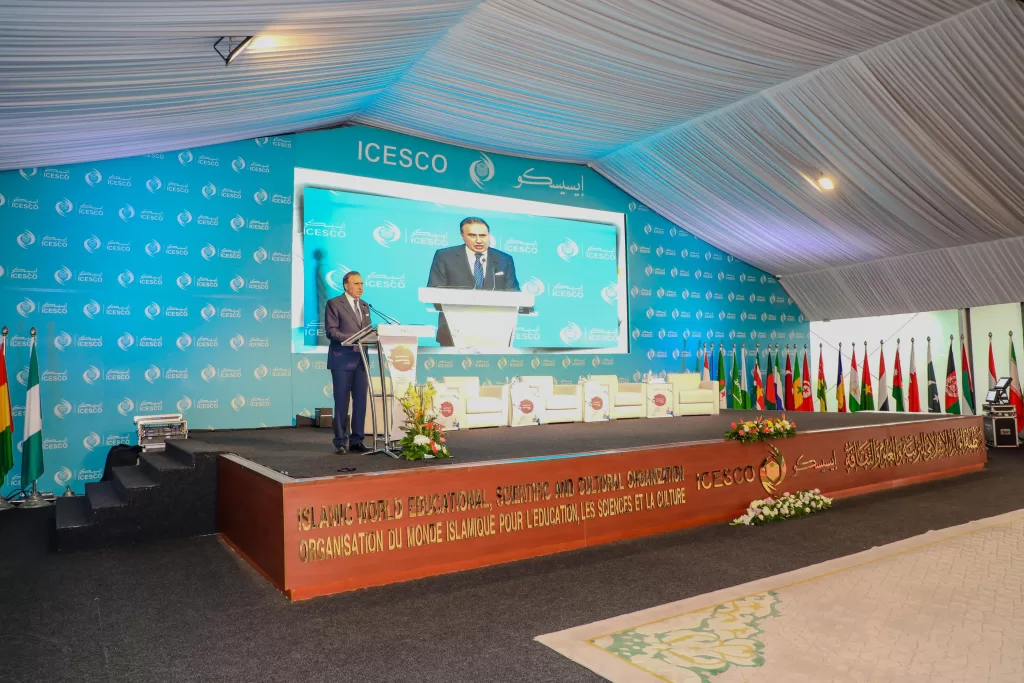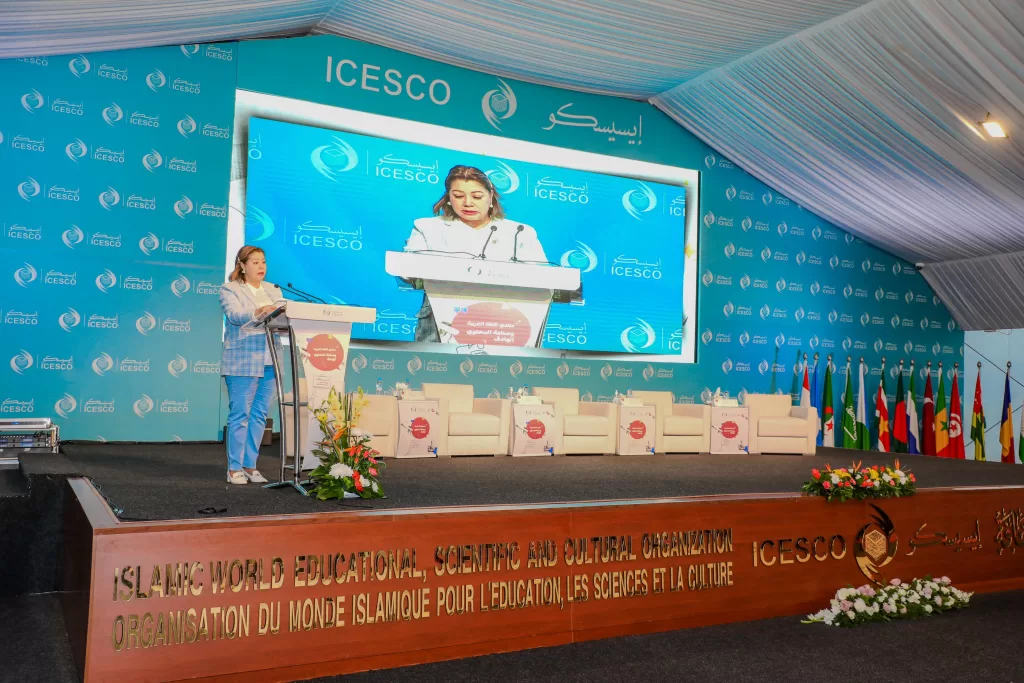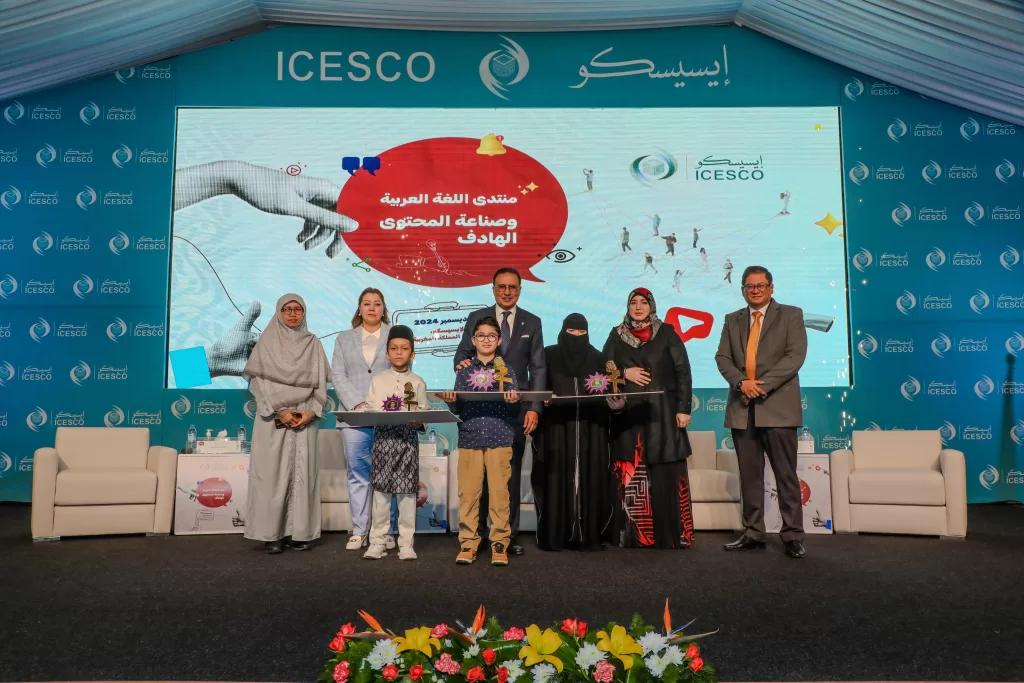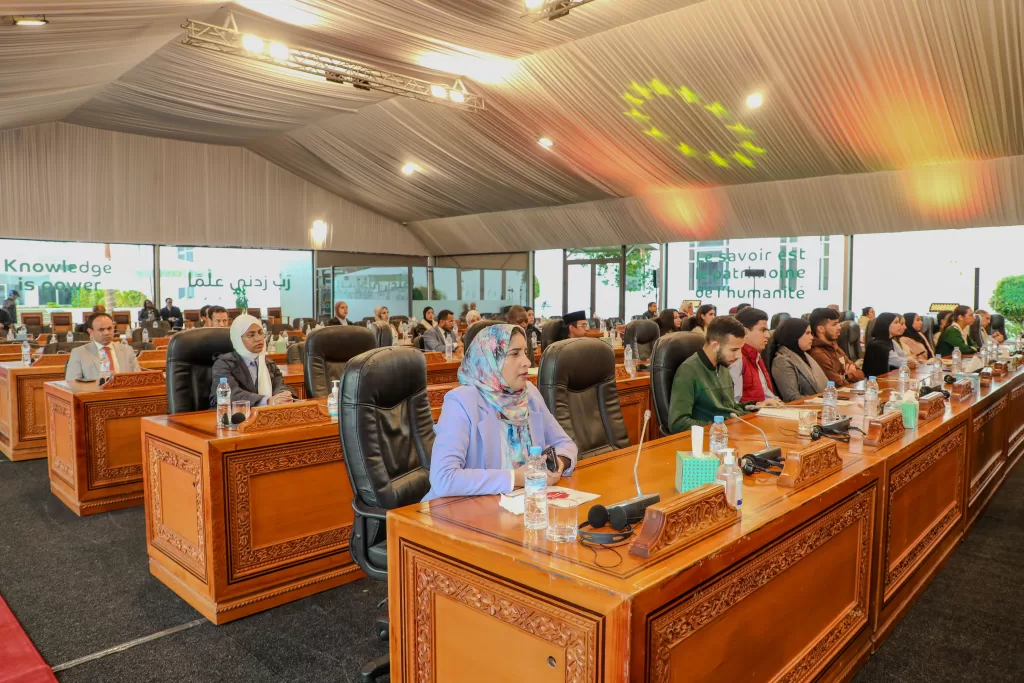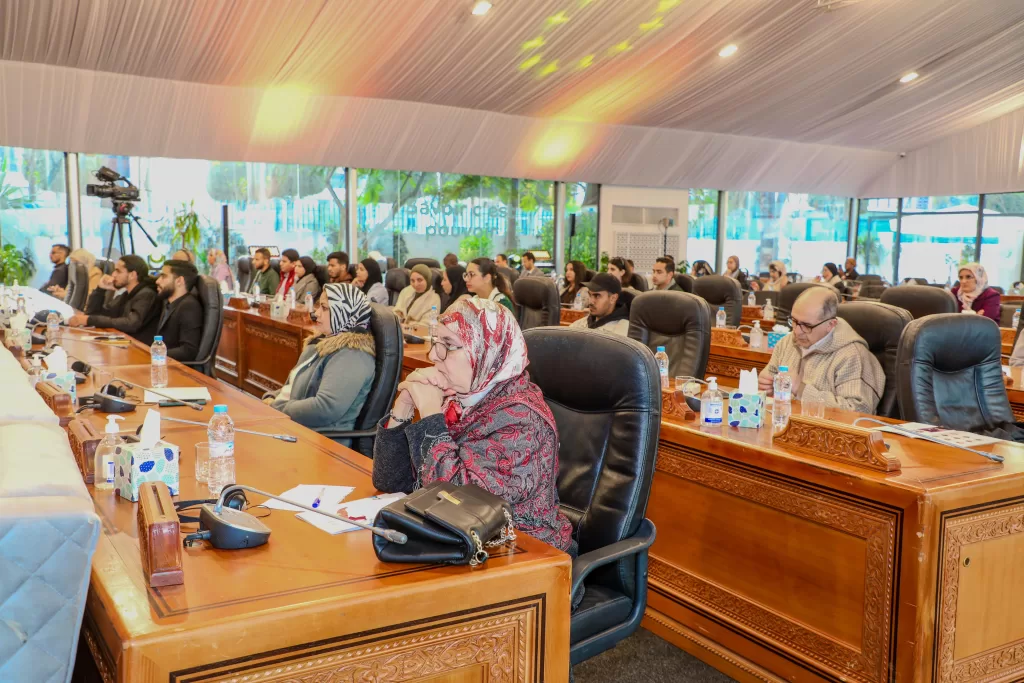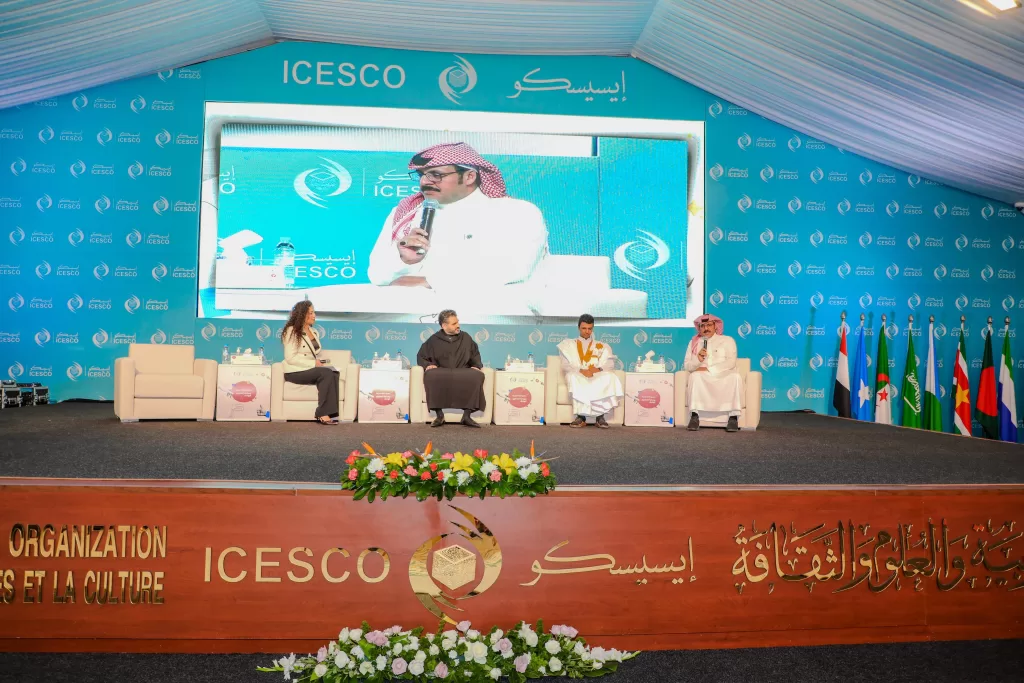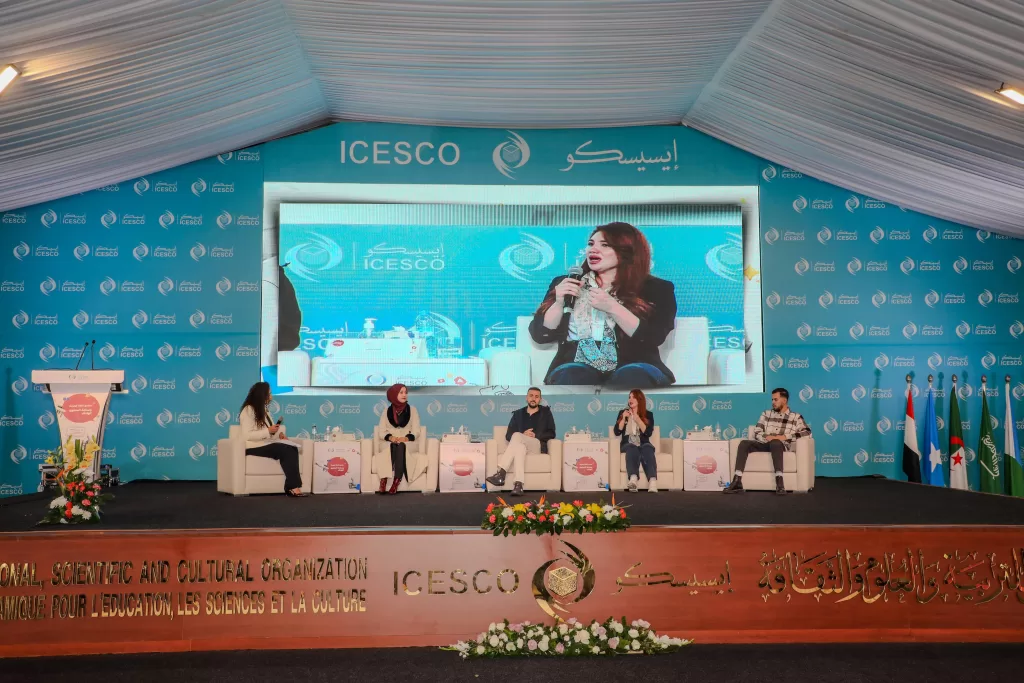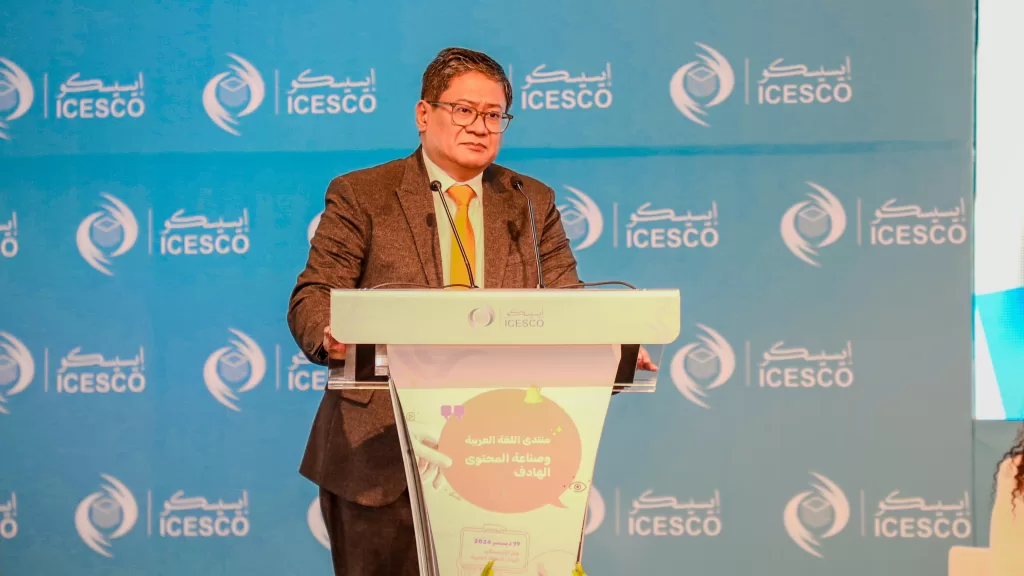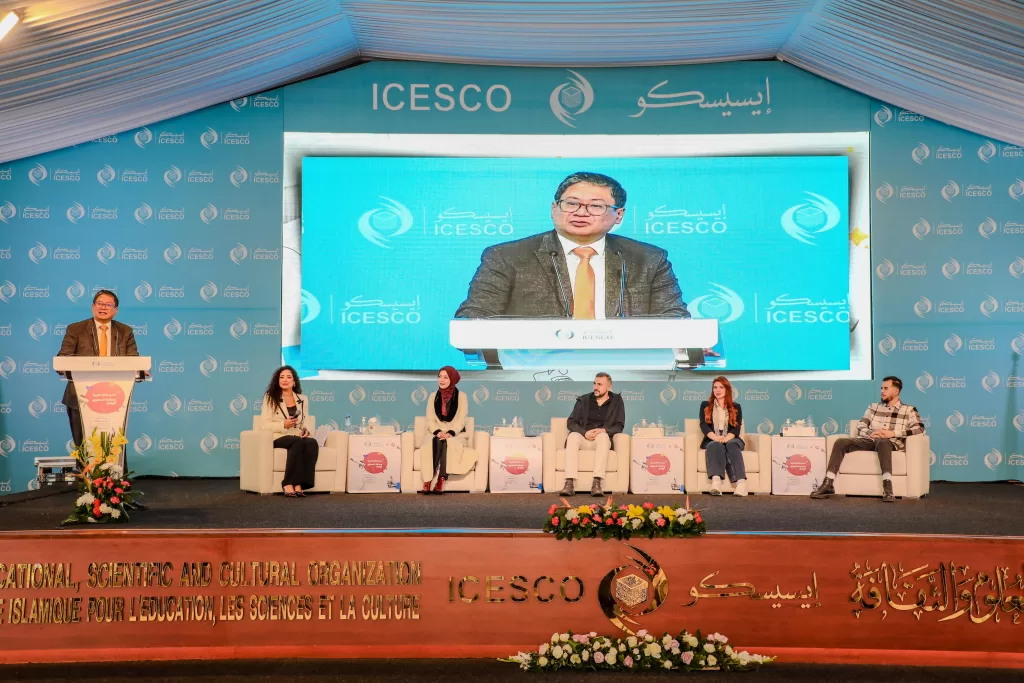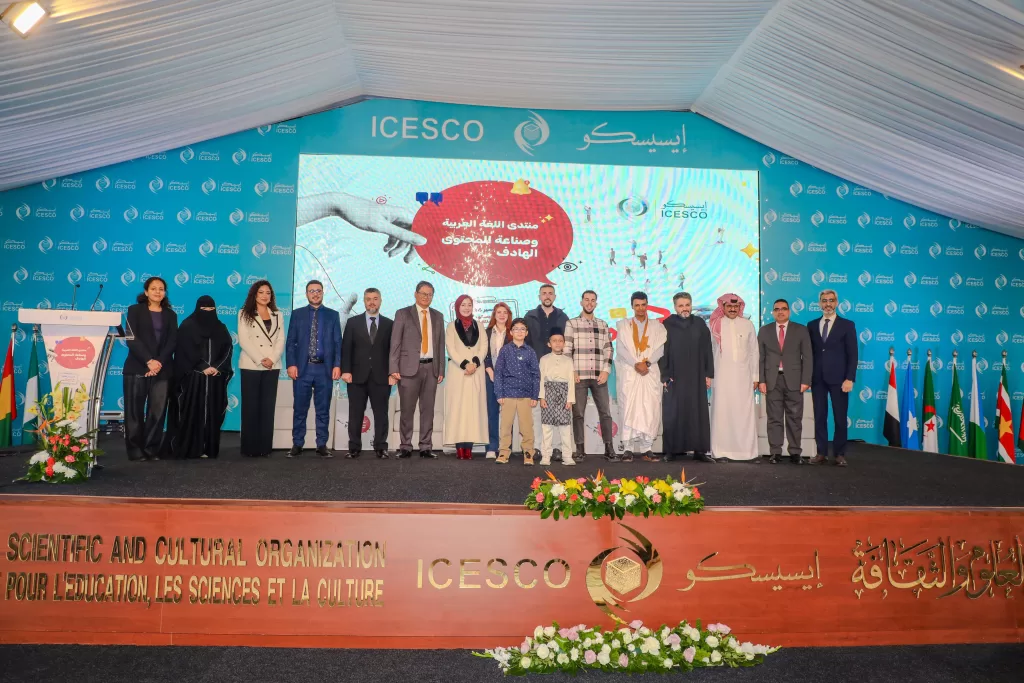Dr. Salim M. Al-Malik, Director-General of the Islamic World Educational, Scientific and Cultural Organization (ICESCO), affirmed that culture is the fundamental lever of every country’s civilizational progress and renaissance in various creative fields, and the most important gauge of its contribution to the progress of human civilization as a whole. He added that ICESCO is fully aware of its responsibilities towards its Member States in this regard, pointing out that this responsibility is reflected and in the pioneering programs, projects and initiatives implemented by the Organization in the culture, a field that ranks high at the top of its priorities.
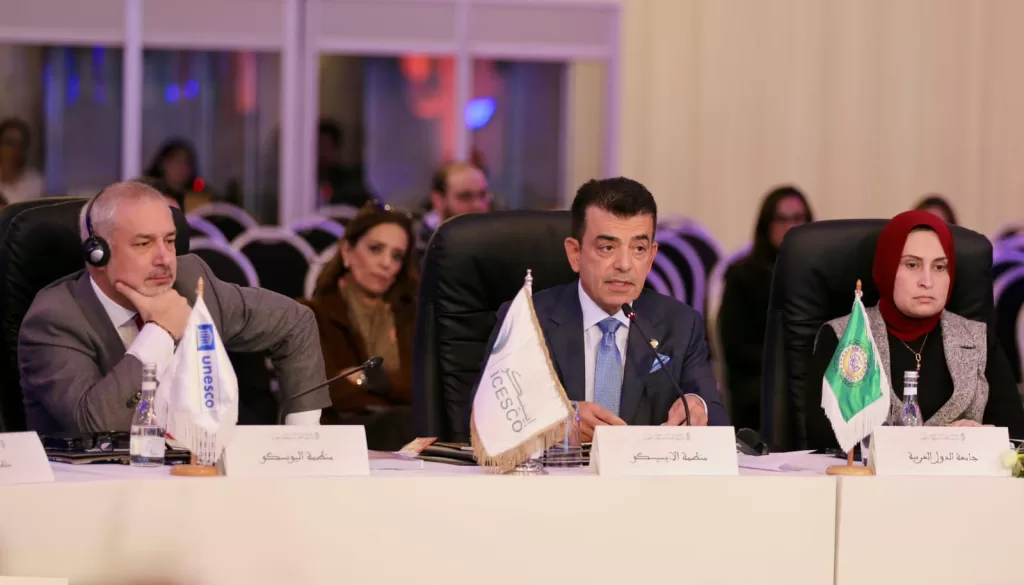
This was part of his speech today, Wednesday (January 15, 2025) at the opening session of the 24th Conference of Ministers of Cultural in the Arab World, held under the theme “Cultural and Creative Industries and the Challenges of Digital Transformation and Artificial Intelligence”, by the Arab League Educational, Cultural and Scientific Organization (ALECSO) in cooperation with the Ministry of Youth, Culture and Communication in Rabat, capital of the Kingdom of Morocco. The Conference witnessed high-level participation by a number of ministers and senior officials concerned with cultural affairs in the Arab region, and representatives of relevant regional and international organizations.
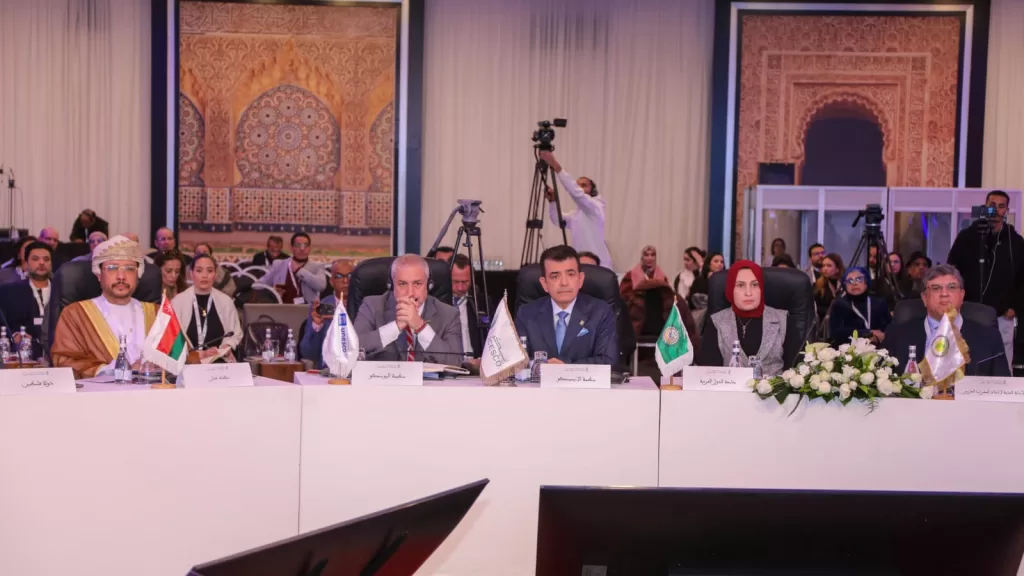
ICESCO Director-General also stated that the Organization’s activities in the cultural field confirm its ability to take the initiative, follow up and anticipate. Over the past period, it has suggested many valuable initiatives, including a proposal to adopt culture as the 18th SDG, the launch of the project of “the Cultural Index in the Islamic World” in partnership with the Ministry of Culture in the Kingdom of Saudi Arabia, the inauguration of heritage centers in the Islamic world, and the inscription of more than 740 elements on the Islamic world tangible and intangible heritage lists.
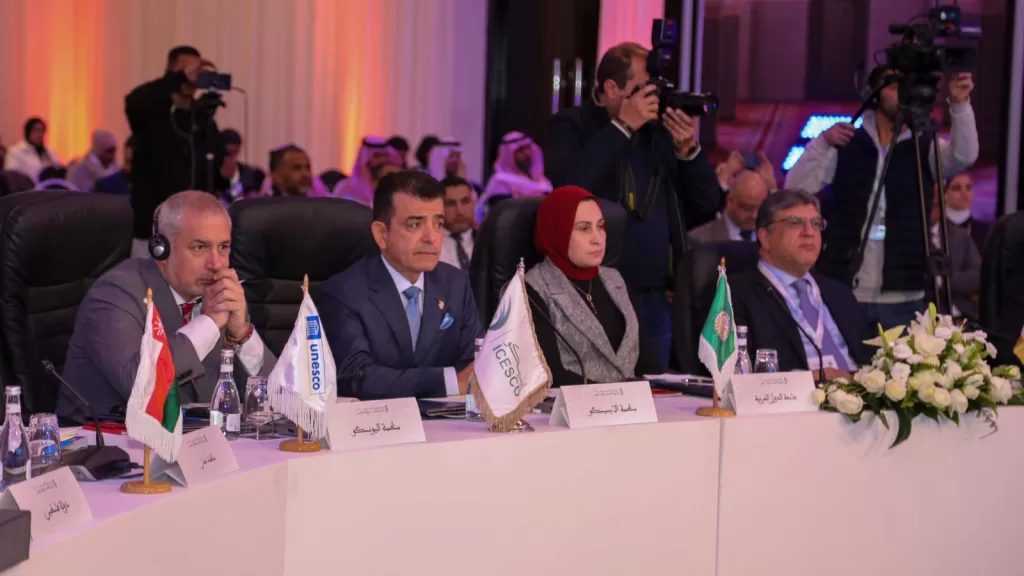
In the same vein, Dr. Al-Malik unveiled a number of cultural initiatives due to be launched by the Organization in the near future, including the “ICESCO’s Index for Cultural and Creative Technologies”, and the “New Economies of Culture Index”. He also reviewed some of ICESCO’s implemented initiatives on civilizational dialogue between nations, respect of the specificities of the other and cultural diversity, most notably the “Read it… to Understand it” initiative to understand the Holy Quran, which was recently taken up by one of the largest European universities to establish a specialized academic chair in Quranic studies in cooperation with ICESCO, as well as the formulation of the “civilizational diplomacy” concept, intended to promote international dialogue between different peoples, civilizations, and cultures.
